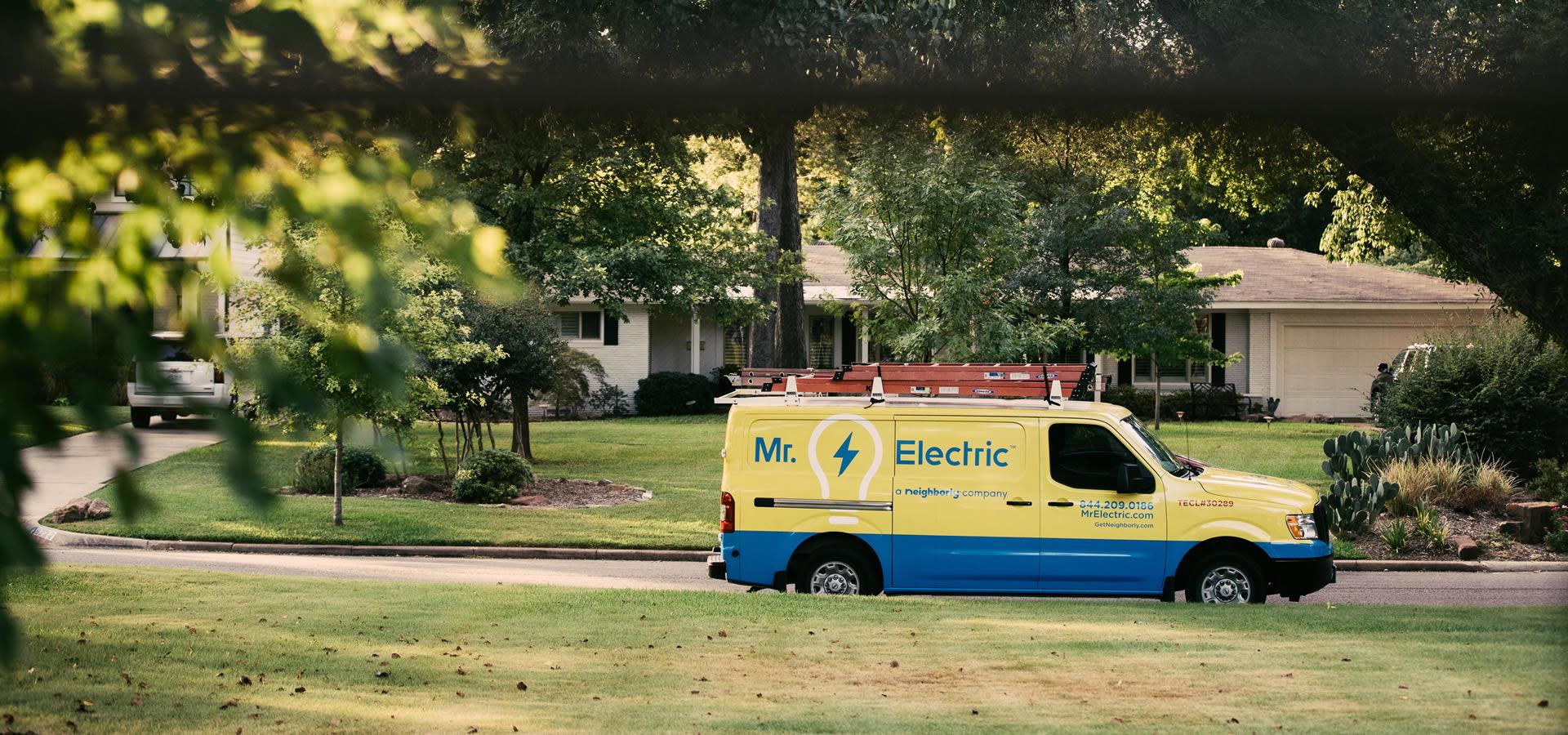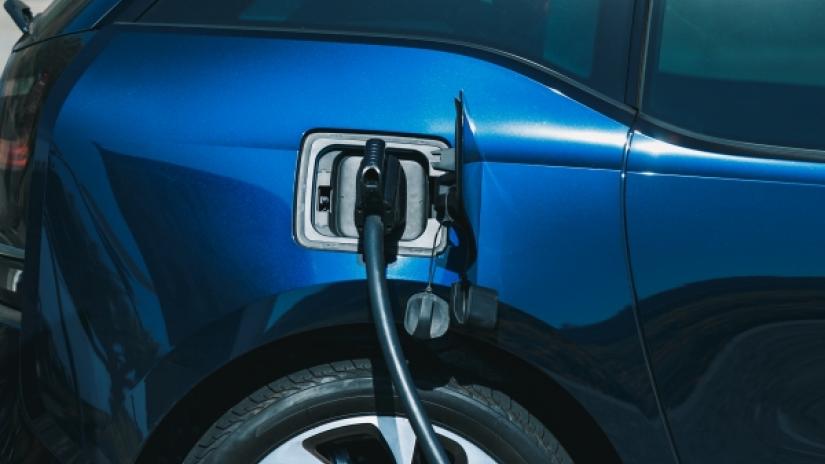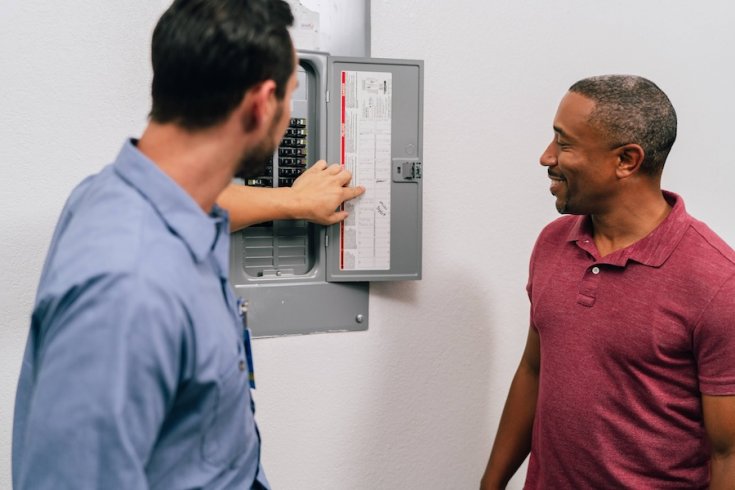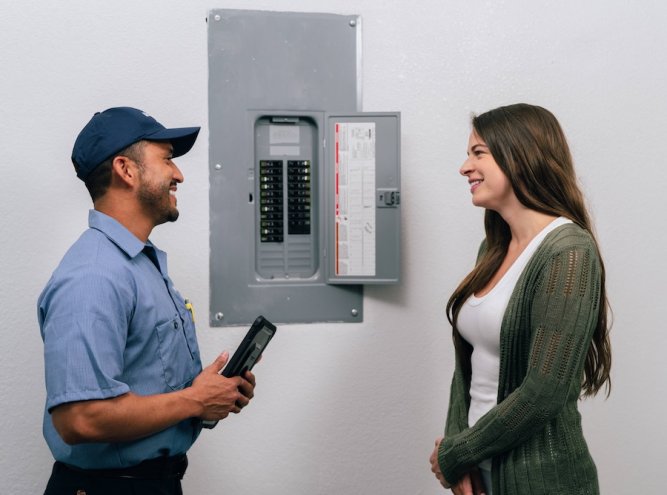Electric Vehicles: How Do They Impact Electric Bills?
Do electric vehicles raise your electric bills? Would it surprise you that your electric bills will likely stay the same, even if you choose an electric car over a gas-powered one? The cost is a huge factor when deciding between an alternative fuel vehicle and a standard gasoline vehicle. But the cost isn't just about the price tag or fuel expenses. If you have an electric vehicle, Mr. Electric is an experienced EVSE installer, and we are ready to help. Let's see how adding an alternative fuel vehicle to your fleet can reduce your total cost of ownership.
Does an Electric Car Raise Your Electric Bill?
The short answer is no, but some costs still exist. While electric vehicles will moderately increase your power bill, it is less than the price of vehicle fuel. Charging can indirectly impact your bill because of the additional equipment needed to charge them. That includes installing a charging station and adding additional switches at home to activate it. However, if you already have solar panels or are considering them for the future, owning an EV could be smart for reducing energy expenses in the long run.
What’s the Average Cost to Charge an Electric Car?
The average cost to charge an electric vehicle is between $50-$100 per month. Remember, this is an average. Rates also depend on who your electrical provider is and their rates. Either way, the cost per mile is less with an electric vehicle than with a fueled vehicle.
Are Electric Cars Worth It?
The answer is yes! Electric cars are worth it for many reasons. First, you no longer need to pay for gasoline. Second, they are environmentally friendly and reduce your carbon footprint. Third, electric cars are quiet. And finally, you can reduce your electricity bill by shifting some of the power you use from the grid to your vehicle battery pack.
Pros of Electric Cars
No Longer Need Gas
You won’t have to stop at the gas station anymore! The cost of gas increases over time and can be expensive. You no longer need gas to power your vehicle with an electric car. This means that you will save money on gas and maintenance costs.
Environmentally Friendly
Electric cars are good for the environment because they don’t emit pollutants into the air as gasoline-powered vehicles do. They also reduce carbon emissions and protect the environment from harmful chemicals.
Quiet
Driving an electric car is much quieter than driving a gasoline-powered vehicle. This means you won’t have to worry about disturbing the peace around you when driving your vehicle.
Reduce Your Carbon Footprint
Driving an electric car reduces carbon emissions in our atmosphere because there is no exhaust coming from the car's tailpipe like there would be with a gasoline-powered vehicle. The fewer emissions we have in our atmosphere, the better off we are as a community!
Cons of Electric Cars
Cost of Charging
The biggest con for most people is the cost of recharging your EV battery pack. The good news is that charging stations are becoming more common and affordable. However, if you live in a rural area or don't have access to an outlet at home, charging your vehicle could get expensive.
Recharging Time
Another potential problem with EVs is that they take longer to recharge than traditional cars (although they charge much faster than they did even ten years ago). For example, many models have a charging time of around 7 hours on 220 volts or less than 2 hours on 110 volts (for example). Even though this isn't as bad as refueling a gas car (which takes around 10 minutes), it's still something to keep in mind when purchasing an EV.
Cost To Replace EV Battery Pack
The biggest downside to owning an electric car is the cost of replacing its battery pack if it starts to lose power or stops working completely. The average life expectancy for an EV battery pack is about ten years; however, this can vary depending on how well it was maintained and how often it was used. For example, if you were to drive your EV every single day for 20 miles each way for work, it would be more likely to wear out faster than if you drove it less frequently with longer distances between trips.
Range Anxiety
One of the biggest concerns with electric cars is their range. The average car has a range of about 40 miles per charge, which needs to be plugged in and recharged. If you want to travel farther, you can rent a charging station on wheels or buy an extra battery pack for your vehicle. But these options can be expensive and aren't always practical.
Upgrading Your Electrical System With Mr. Electric
The thought of an electric car is a huge step towards a cleaner, renewable world. As technology advances, plug-in electric vehicles (PEV) will only become affordable and efficient. The biggest hurdle for most consumers is the significant initial purchase price. In the future, we can expect to see more affordable PEVs and more companies offering leasing programs. Considering expenses, including the costs of a reliable electrician and a qualified EVSE installer.







